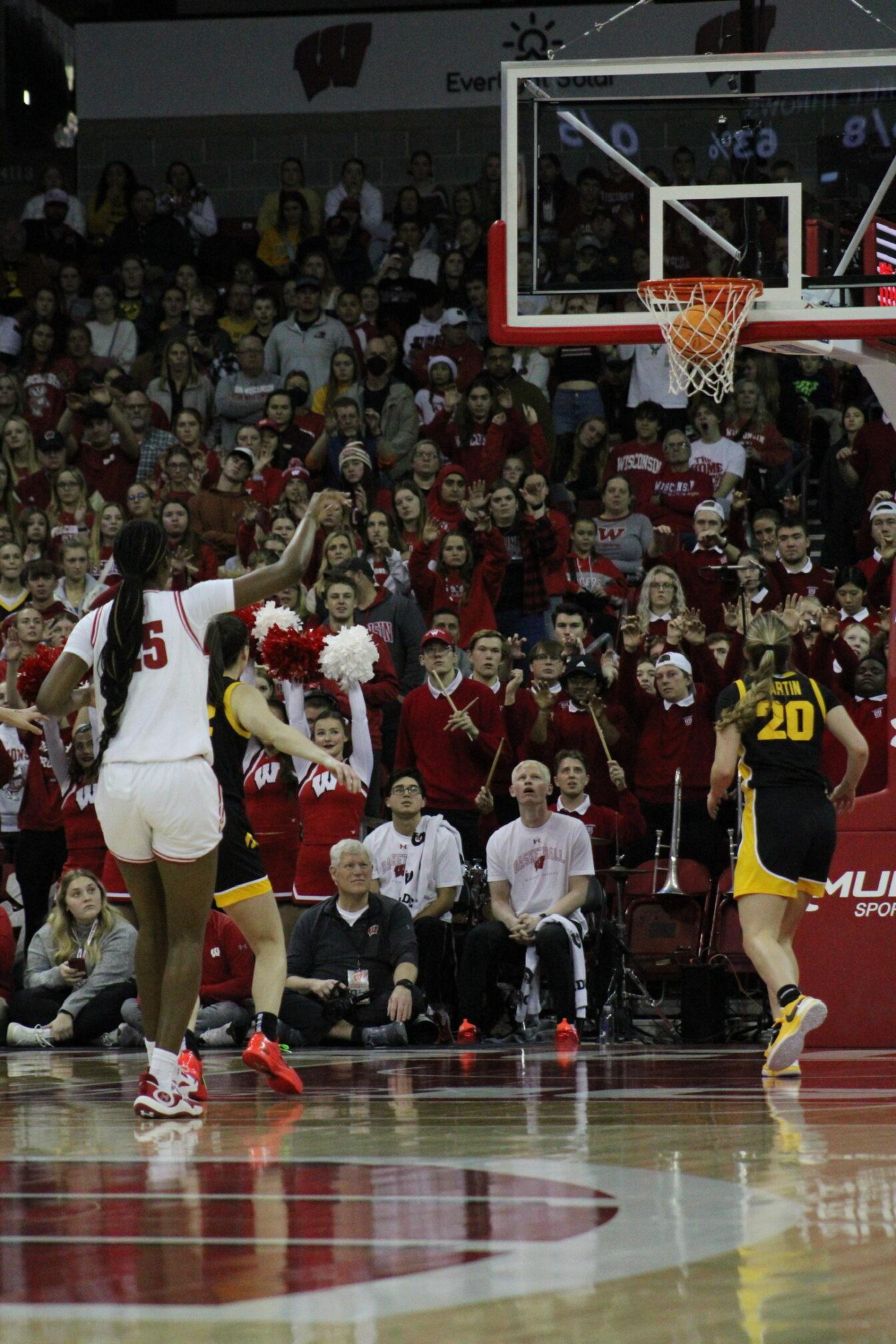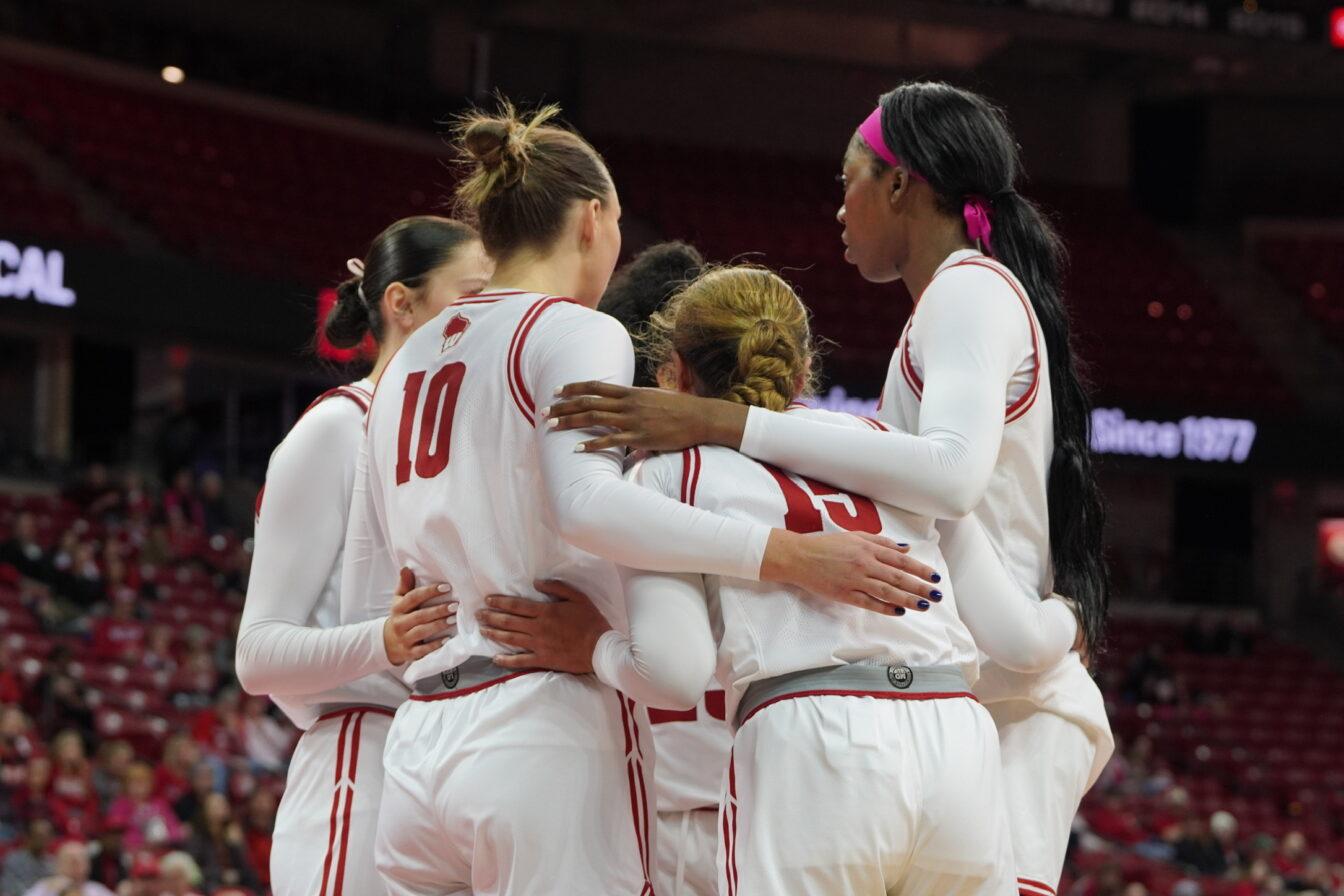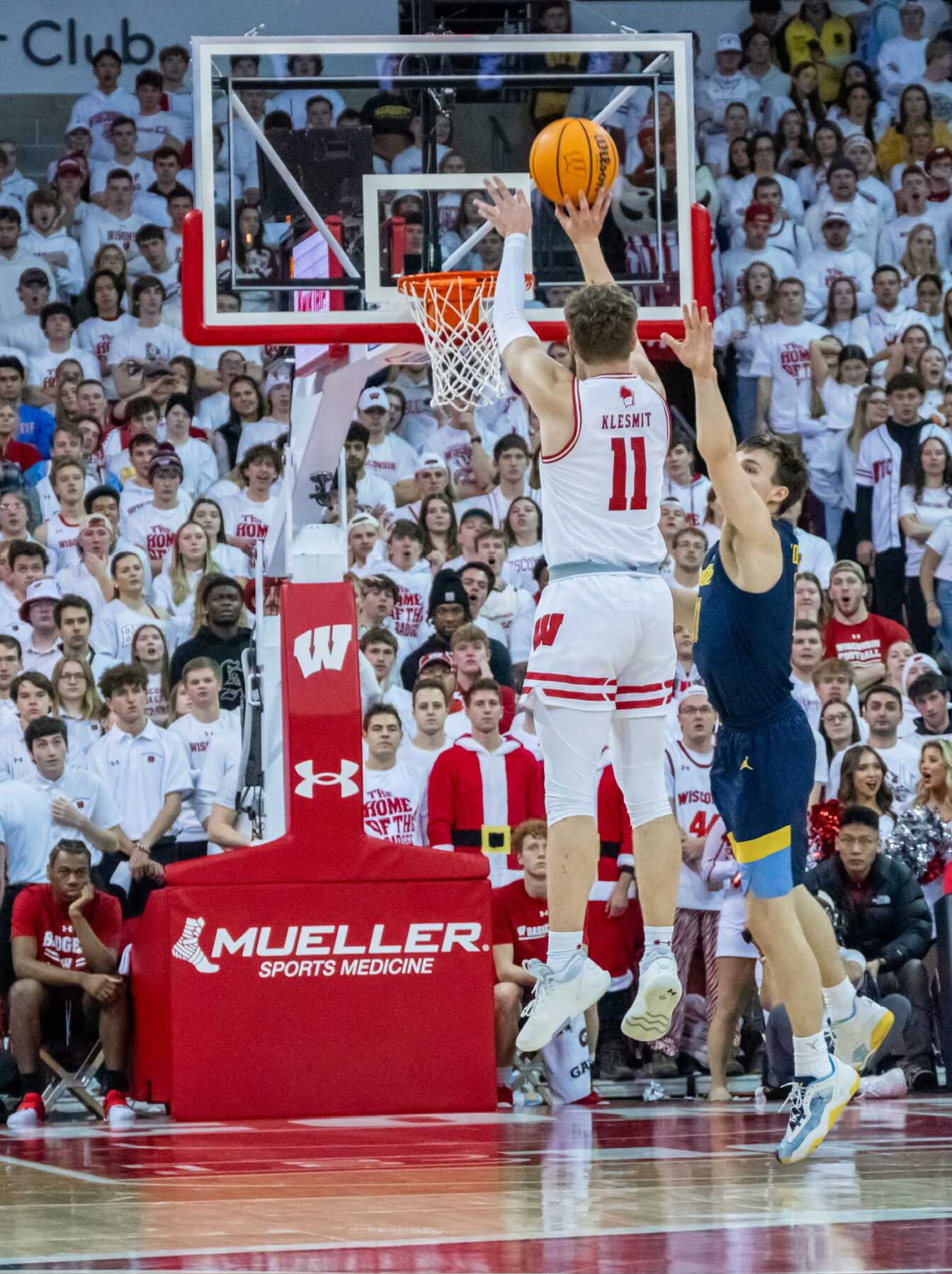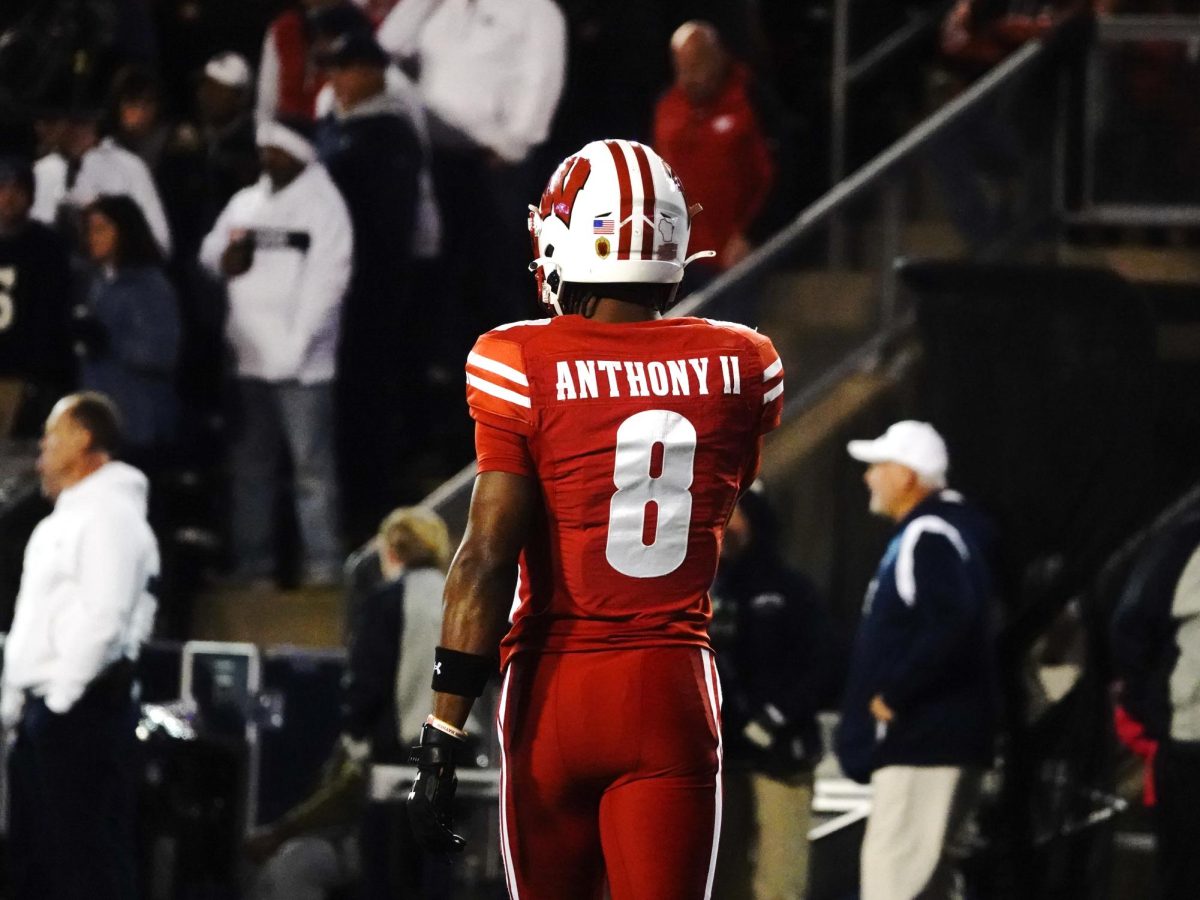One of the finer points in being a student-journalist comes with understanding where to draw the line.
First off, when you read this know the biographical facts that shape my identity as a person. I am a fifth-year student at the University of Wisconsin and I grew up a life-long Badger fan.
So, understand how incredibly difficult it has been for myself to shake off that personal bias and become an unbiased writer. The process was gradual, from my former Sports Editor Mike Fiammetta telling me as a sports writer I couldn’t have a Wisconsin logo background on my Twitter profile to finally dressing (at least, almost always) for interviews with a conscientious effort to not wear any Wisconsin clothing – an extremely hard task to accomplish, considering the color of red makes up half of my clothes.
But, I can confidently tell you I have made it past those old views and become somewhat of a seasoned student journalist. After all, when you report for almost three years on seemingly every sport on campus you begin to let your bias and allegiance evaporate. Instead, what replaced my passion as a fan was a passion for athletes and the sports they play.
There really is something to be said about the young men and women at this university who are full-time students, successful athletes and still find time to volunteer for various organizations and throughout the Madison community. And these young men and women are the reason I got into working at this paper in the first place. There are just some people you meet who make you want to become a better person.
Something I’ve noticed in my time as a journalist is the fact there rarely is such thing as an unbiased writer. In fact, I even caught myself posting a “Go Badgers” status at the Rose Bowl. I’ve heard of writers who are friends with the athletes they write about, who go out to bars and such with them and enjoy a solid relationship.
That’s all great and seriously, some of these athletes are the kind of people you wish you could hang out with, but at what point does the journalistic responsibilities of being a reporter trump your natural instincts as a peer to these student-athletes?
Well, for starters, it’s important to stay professional. As much as I wish I could go around Facebook friend requesting athletes, I don’t, because it’s creepy. And, I guess I should keep the relationship between us as professionals. I just wish every person who writes, at every level, felt the same.
Another difficulty I’ve noticed is the tendency we in the student press have to be all cream-puff over athletes and the Athletic Department. I’ll admit, it can be intimidating to write anything critiquing or questioning a tenured coach who has been successful, because you put yourself at risk of being alienated or shunned by the coach or, at least, feeling that uncomfortable awkwardness every time you ask a question. I mean, who wants to be criticized by some college student who hasn’t ever played the sport at the collegiate level?
Part of being a successful sports journalist is knowing where to draw the line, where questioning goes too far, where claims and ideas go without proof. It’s important to keep respect for every person, no matter how much you disagree with them, and to stay professional at all times.
One of the journalists I’ve come to respect during my time here in Madison is the Wisconsin State Journal’s columnist Tom Oates; mainly because Oates challenged former head coach Bret Bielema in a column entitled “Badgers’ knee-jerk firing of Mike Markuson the result of a poor hire” that ran Sept. 11, 2012.
The column questioned Bielema’s remarks in response to the firing of his offensive line coach just two games into the season and seemed to raise the ire of the former Wisconsin head coach into a noticeable presence in the room, every time they were in the same room.
For a guy just in his first year, I would never have dreamed of openly criticizing Bielema in a column, even though I was tempted to do the same following the football team’s third straight overtime loss in 2012. But, either out of cowardice or lack of confidence in myself as a columnist, I backed away.
Now, looking back at the way Bielema bolted for Arkansas midseason, I feel nothing but regret that I tiptoed around outright questioning of the Badgers’ struggles in 2012 stemming from coaching. Sure, cleverly worded didactic literature in a column can veil criticism, but we as a sports department have backed away from critical analysis of the state of the athletic landscape at this prestigious campus.
So, I make a pledge to you, fellow students. The Badger Herald Sports Department is done with being just your regular, run-of-the-mill sports section. Have a feature idea about a great/incredible aspect of an athlete’s life that has escaped recognition? Let us know. Have an idea for a story in general you’d like to see? Let us know. Think we’re still not being unbiased in our coverage? Let us know.
If this is my last semester on campus as a student and my only as the sports editor at this paper, I’ll be damned if I don’t give everything I have (while maintaining my grades and law school hopes) to bring you a better sports section with the best and most well-rounded coverage in the country of all the wonderful aspects of athletic activity this city and college has to offer.
These wonderful pages at The Badger Herald were formed as an experiment. Let’s get back to the lab this semester.
Nick Korger is fifth-year senior and a history and English major. Have a story idea or something you’d like to see covered? Email him at [email protected] or [email protected]













